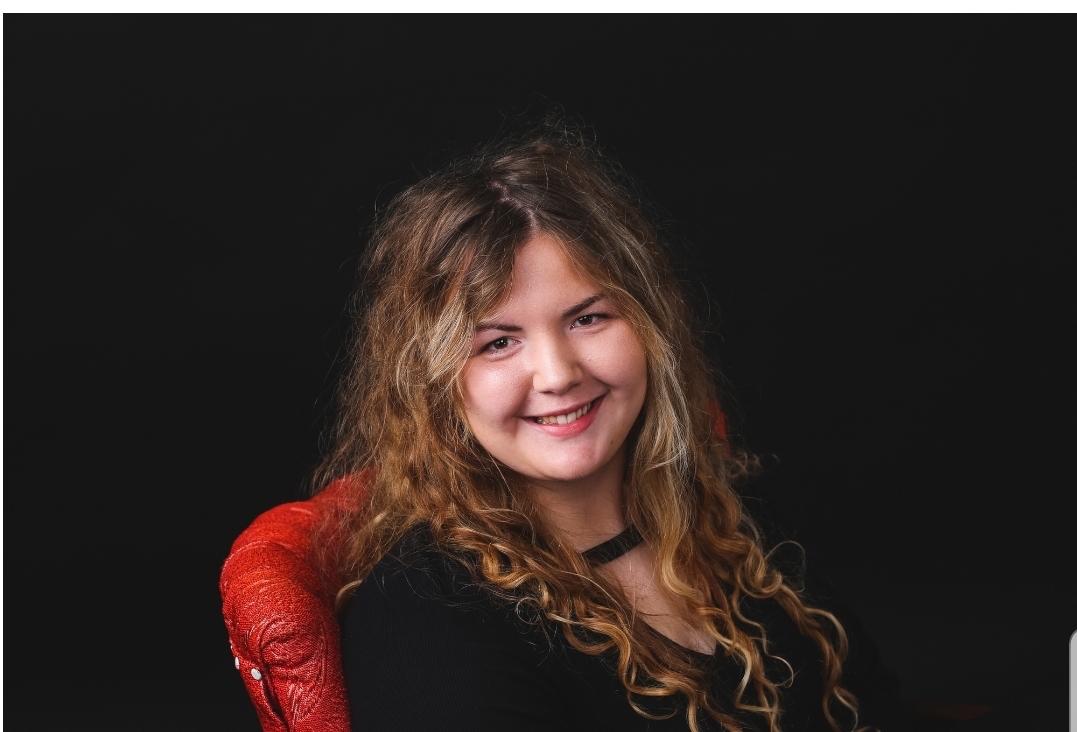Rachal Cross is a senior majoring in social work. She’s a UMD Honors student as well as the president of the Bachelors of Social Work Student Association.
Cross will be graduating in the spring and plans to apply to UMD’s Master of Social Work program so she can work towards clinical licensure. Her goal is to work as a therapist “to help people live as the best version of themselves that they want to be.”
As part of the UMD Honors curriculum, Cross recently completed a research project titled, “Corporate Solidarity Statements for Black Lives Matter and Political Contributions.” She received mentoring from Assistant Professor Katt Bongar Hoban for the project.
Here’s what Cross had to say about the research process and experience:
We eventually settled on doing an investigation into the suspicions surrounding large companies' involvement with social justice movements. Due to the widely known financial incentives to please customers, we decided to question if there is any substance behind the words when companies post solidarity statements on social media, specifically Twitter. Are they planning to practice what they post? We then decided to tangibly use Black Lives Matter after its resurgence in popularity and notoriety during 2020-present.
To facilitate our project and answer our research question, we scrolled back through the Twitter feeds of the Fortune 500 Top 200 companies to analyze any and all posts that were relevant to the subject. Trends such as how many posts relevant to BLM or racism were made, if donations were promised, any proposed policy amendments, etc. were studied and logged.
Currently, our research has so far noted the small percentage of the 200 corporations that made any statements of action (10 percent), the prevalence of consumer centered/involved businesses being more likely to post and make promises than other companies, and the fact that essentially zero corporations made any direct political affiliation statements. This gives more concrete insight into how social movements are involved with influential corporations and vice versa.
I look forward to continuing this project by expanding our data set to the full Fortune 500 list, as well as learning more about the information we will collect. This project will hopefully add to the knowledge of how corporations interact with social movements and what that means for the rest of the population. Perhaps it will even change how we view the influence of companies on society at large.
About the Department of Social Work
